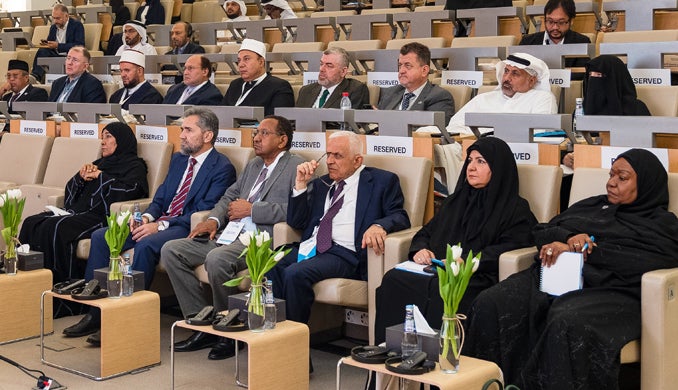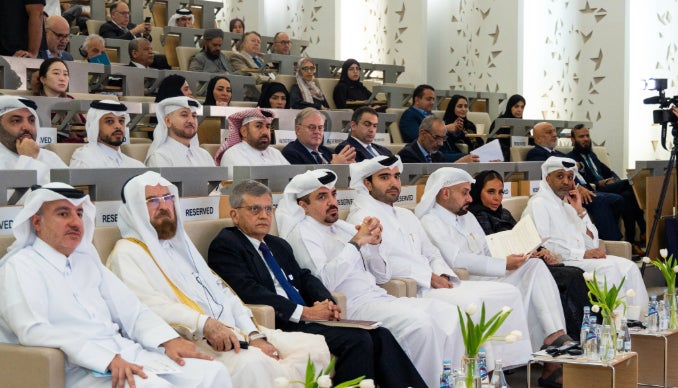Dr. Mohammad Al-Majali, Professor, Qatar University, outlined historical connection between Palestine and Islam
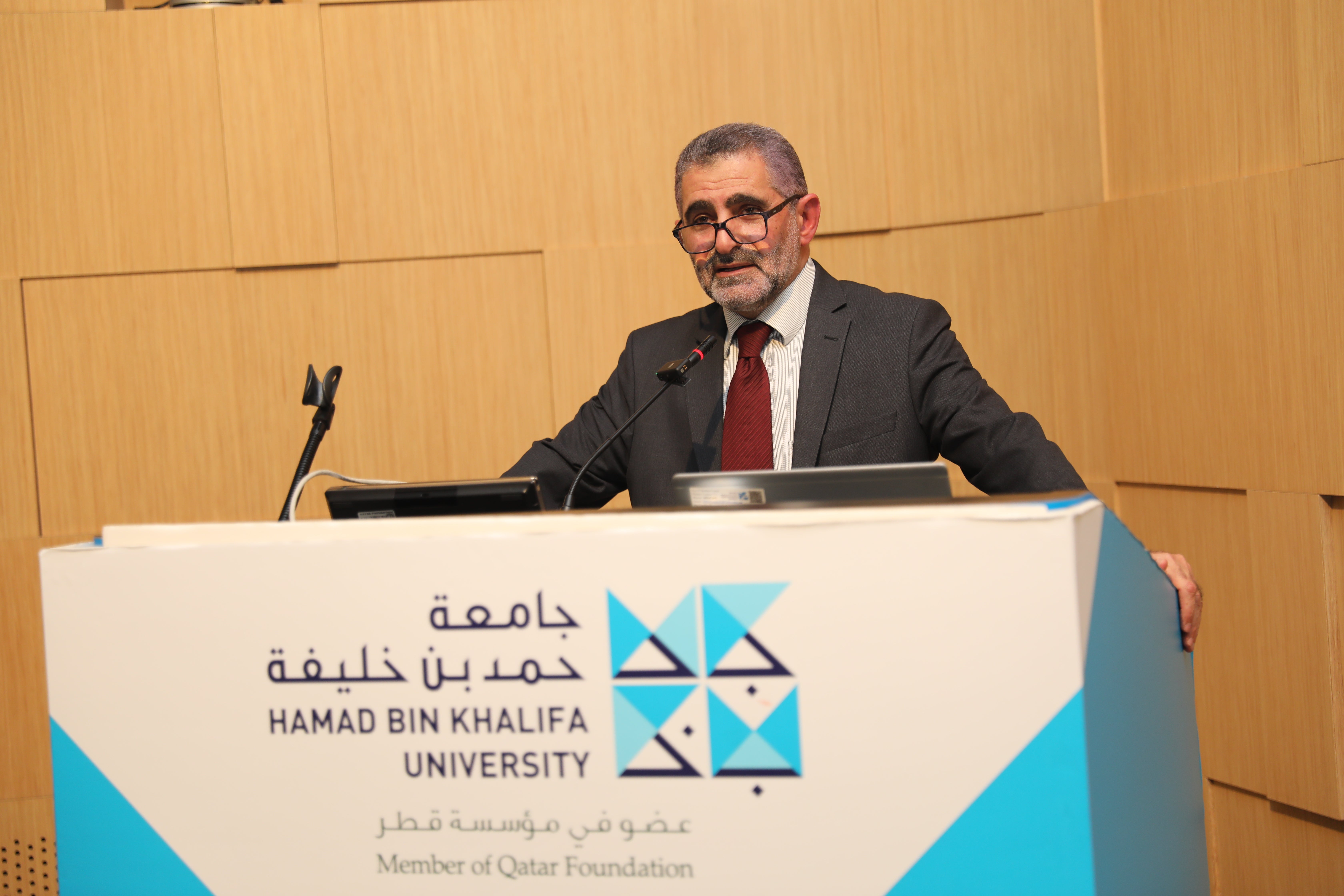
The Mohammed Bin Hamad Al Thani Center for Muslim Contribution to Civilization at Hamad Bin Khalifa University’s (HBKU) College of Islamic Studies (CIS) hosted Dr. Mohammad Al-Majali, Professor, Qatar University for a public lecture on the significance of Palestine to Islamic civilization.
Dr. Al-Majali drew insights from the Quran and the Sunnah to outline the historical connection between Palestine and Islam, exploring the historical journey of Palestine as the first qibla and revered land of the Prophet Ibrahim and the Prophet Isa (Peace Be Upon Them).
The talk also reaffirmed the significance of Palestine in the Islamic faith and Muslims’ religious identity. Dr. Al-Majali noted its pivotal role in shaping Islamic consciousness throughout its rich history, while also urging the Muslim community to reflect on Palestine’s importance to their faith in light of the ongoing crisis in Gaza.
Commenting on Dr. Al-Majali’s talk, Prof. Aisha Yousef al-Mannai, Director, Muhammad Bin Hamad Al Thani Center for Muslim Contribution to Civilization, CIS, said: “We regularly invite esteemed experts like Dr. Al-Majali to meet with and exchange insights with our community. His observations on the significance of Palestine to Islam are especially important now, and we at CIS are proud to provide a uniquely composed platform that contributes to a constructive dialogue on Islam in a global context.”
In line with HBKU and the college’s innate dedication to dialogue, CIS overcomes borders, to facilitate expertise and build capacity in Qatar and beyond. The College’s research output is rooted in carefully designed research clusters that together promote interdisciplinary research agendas and inject new contributions to the world of global Islamic scholarship.
Related News
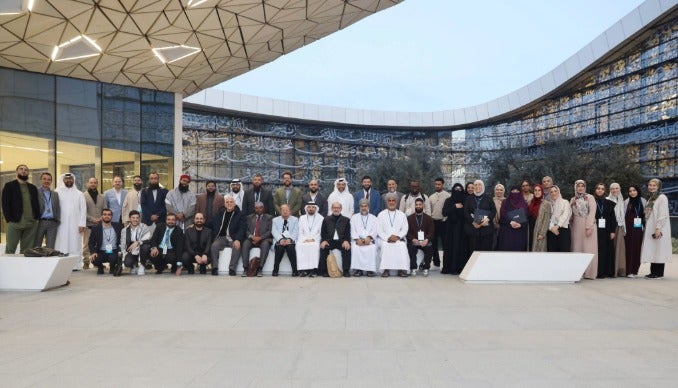
Hamad Bin Khalifa University Symposium Positions Islamic Psychology As Essential Part of Mental Health Systems
Qur’anic Botanic Garden and Herfah Program Revive Traditional Craft with New Dye Plants Garden
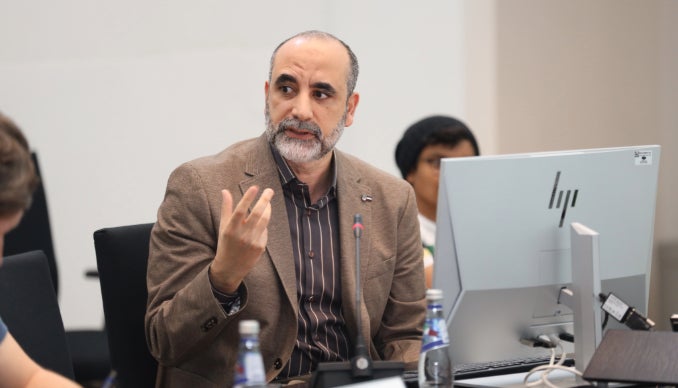
Hamad Bin Khalifa University’s International Islamic Bioethics Association Holds Inaugural Meeting
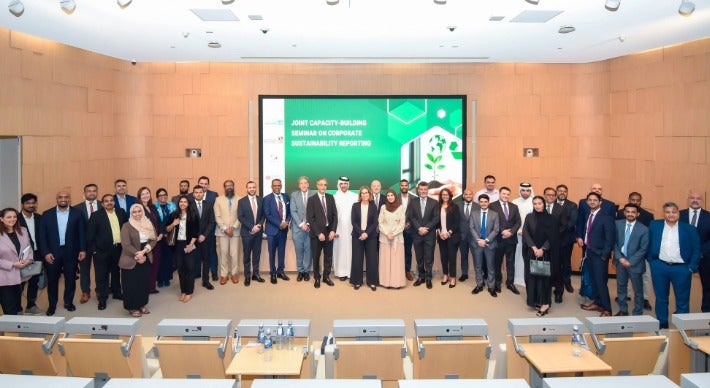
HBKU’s CIS Hosts Second High-Level Seminar on Corporate Sustainability Reporting
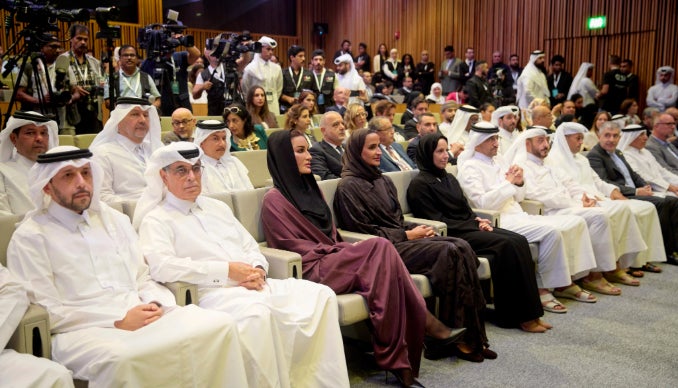
Her Highness Sheikha Moza bint Nasser Attends Hamad Bin Khalifa University’s Conference on AI Ethics
